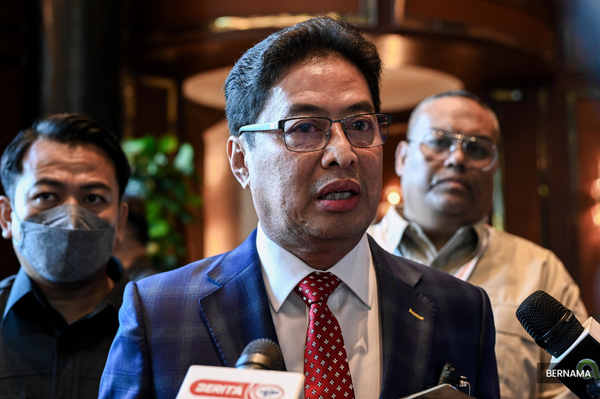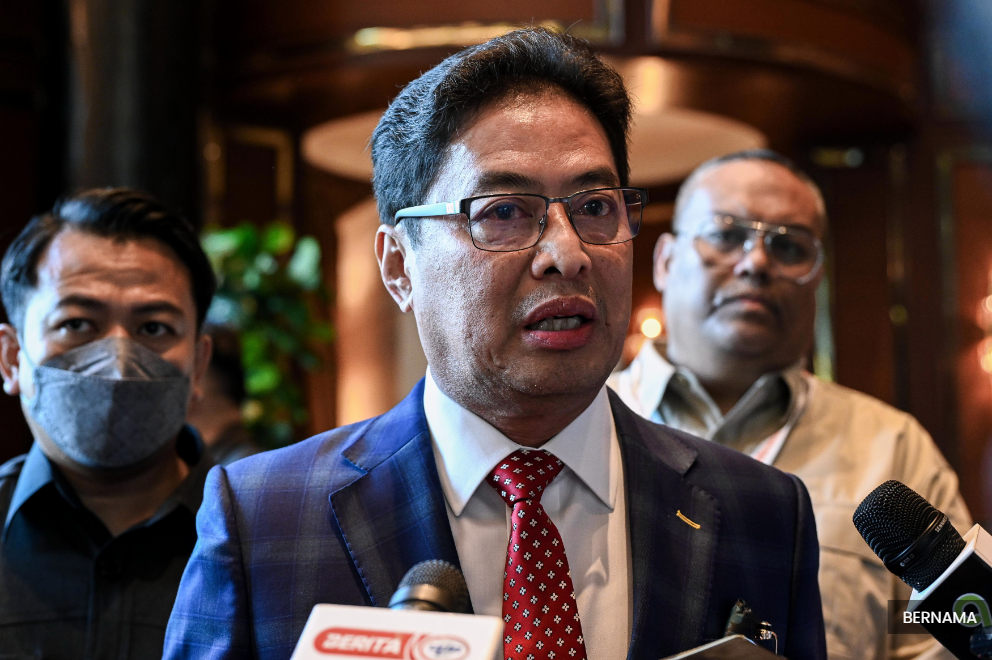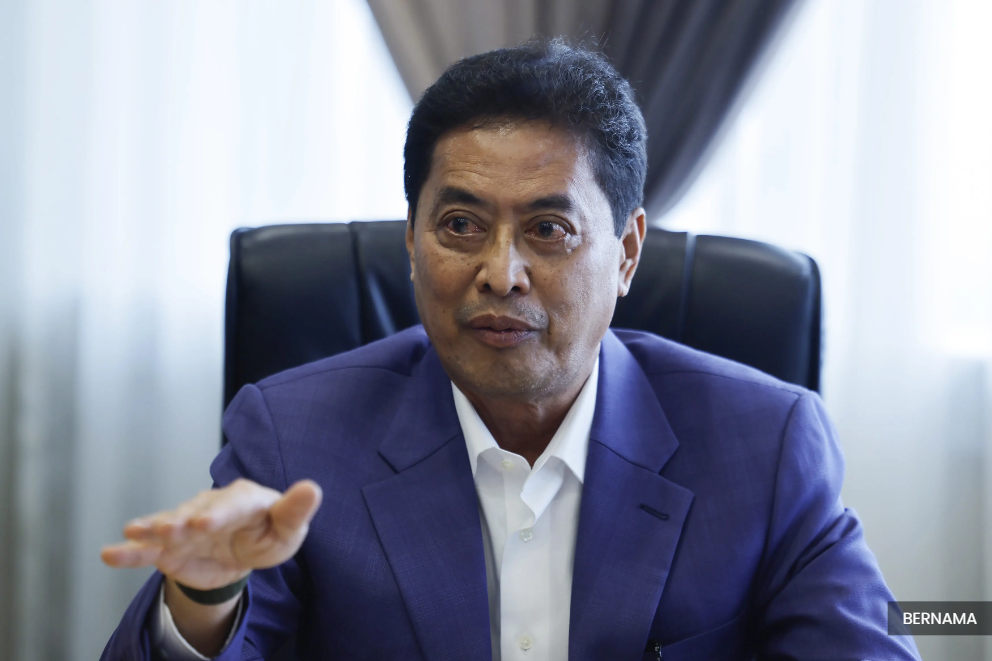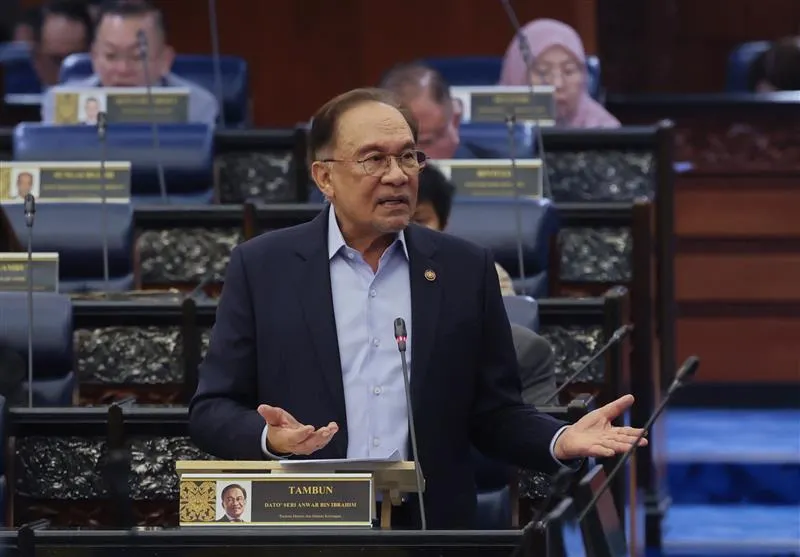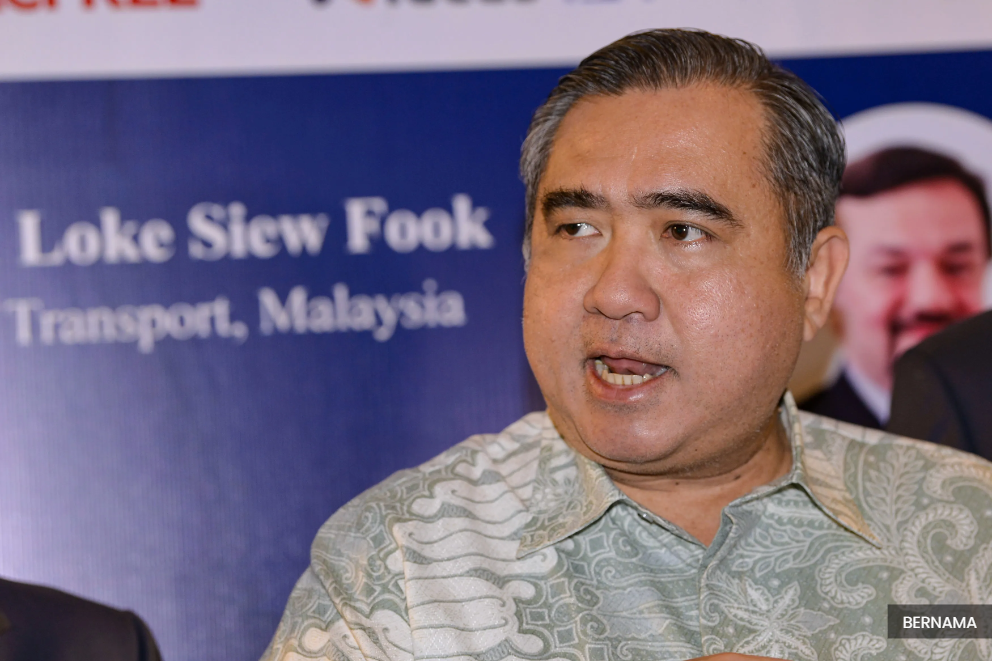SUBANG JAYA, Oct 28 — The Malaysian Anti-Corruption Commission (MACC) will step up engagement with the private sector and regional experts to strengthen governance frameworks and address negative perceptions of corruption in Malaysia and across Asean.
Chief Commissioner Tan Sri Azam Baki said the initiative reflects Malaysia’s commitment, as the current chair of Asean Parties Against Corruption (Asean-PAC), to promoting integrity through public-private partnerships that extend beyond enforcement measures.
The nation's experience shows that gaps in understanding between the business community and the public sector often fuel misplaced assumptions about corruption, when in fact the issues stem from weaknesses in governance systems and regulatory compliance.
“When the private sector does not fully understand how the public sector operates, particularly in terms of laws and procedures, it creates negative perceptions. Sometimes it is not about corruption, about gaps in governance,” he said.
Azam was speaking at a press conference following the opening of the 21st Asean-PAC Principals Meeting today, officiated by Minister in the Prime Minister’s Department (Law and Institutional Reform) Datuk Seri Azalina Othman Said.
The ceremony also witnessed the handover of the Asean-PAC chairmanship from Indonesia’s Corruption Eradication Commission (KPK) Vice Chairman Fitroh Rohcahyanto to Azam.
He added that under Malaysia’s chairmanship, the body has established several task forces, including one dedicated to strengthening cooperation between the public and private sectors to foster mutual understanding of business and governance environments.
“We are now working towards reforms that enhance governance and compliance across Asean, so that every member country can adopt common principles in transparency and accountability,” Azam said.
He emphasised that Malaysia’s aspiration to achieve high-income nation status by 2030 must be anchored on integrity.
“To become a high-income country, eradicating corruption is non-negotiable. However, beyond enforcement, we must reform our laws and governance frameworks to ensure institutional stability,” Azam said.
Malaysia, via Asean-PAC, will invite experts from the United Nations Development Programme (UNDP), the Organisation for Economic Co-operation and Development (OECD), the International Association of Anti-Corruption Authorities (IAACA), and all 11 Asean member states to share insights and policy recommendations during the three-day meeting.
“These sessions will not merely be brainstorming discussions; we aim to reach consensus on action plans that all Asean members will commit to implementing.
“We need a common understanding that governance compliance is just as important as operational effectiveness in the fight against corruption,” he said.
Azam reaffirmed Malaysia’s commitment, as Asean-PAC chair for the 2025-2026 term, to ensuring continued regional cooperation and policy alignment to advance governance, integrity, and anti-corruption objectives.


